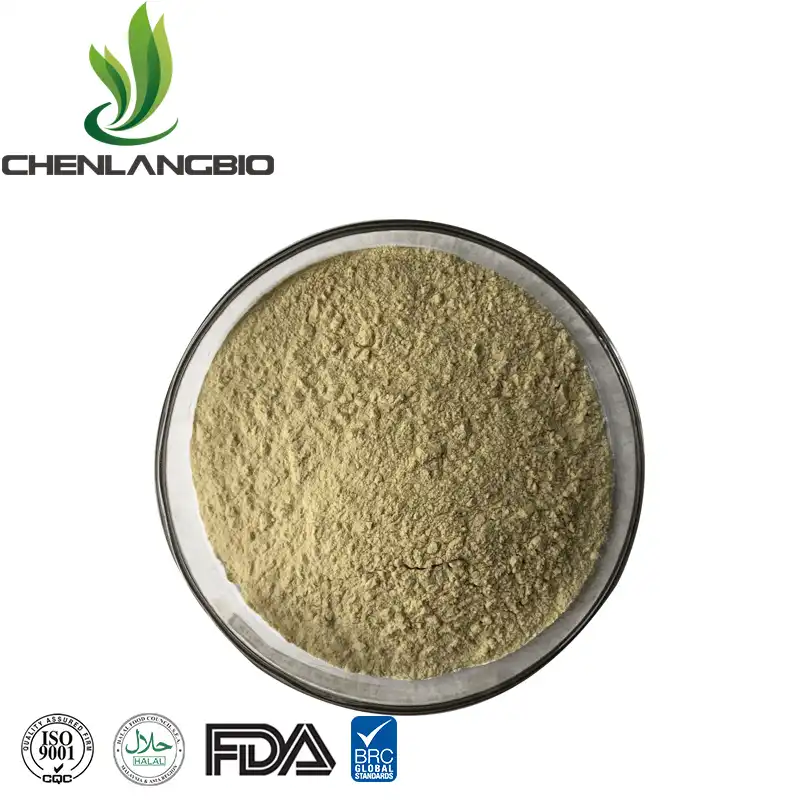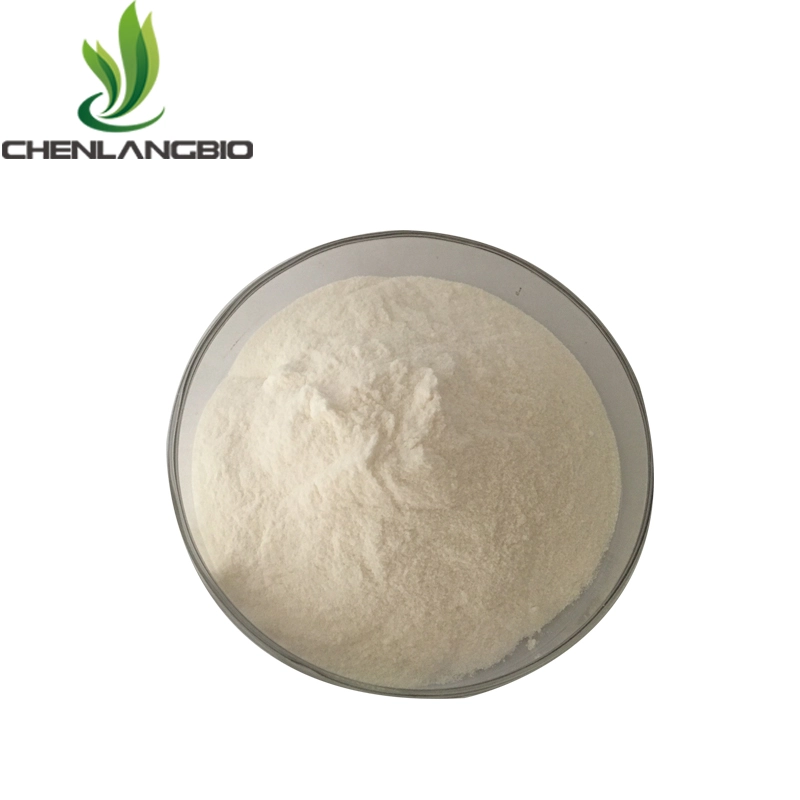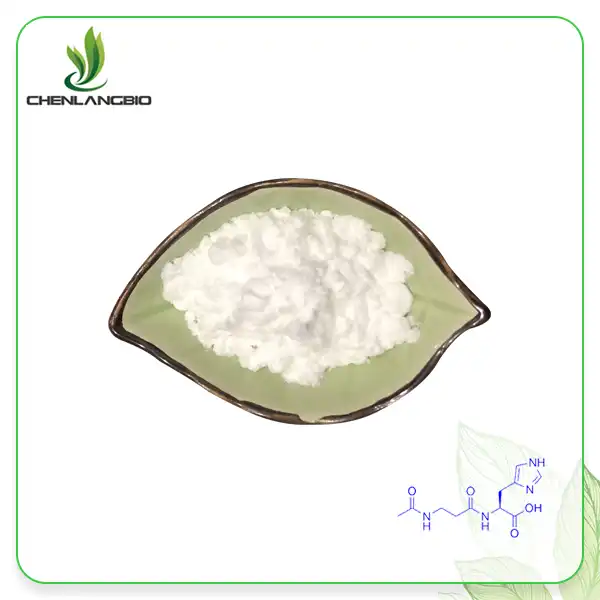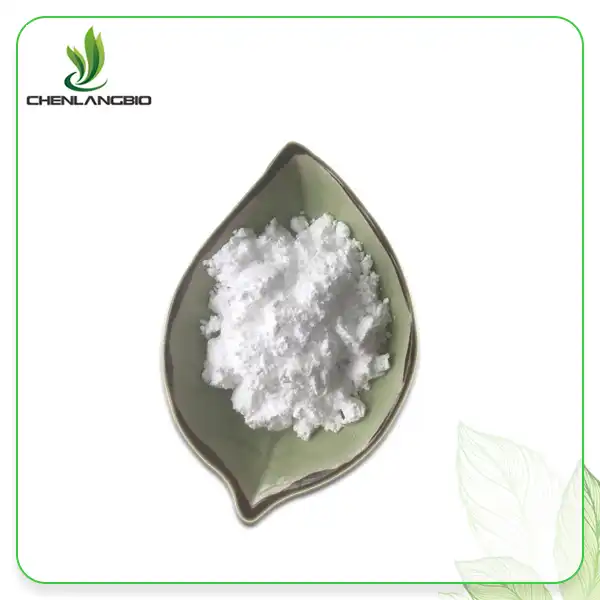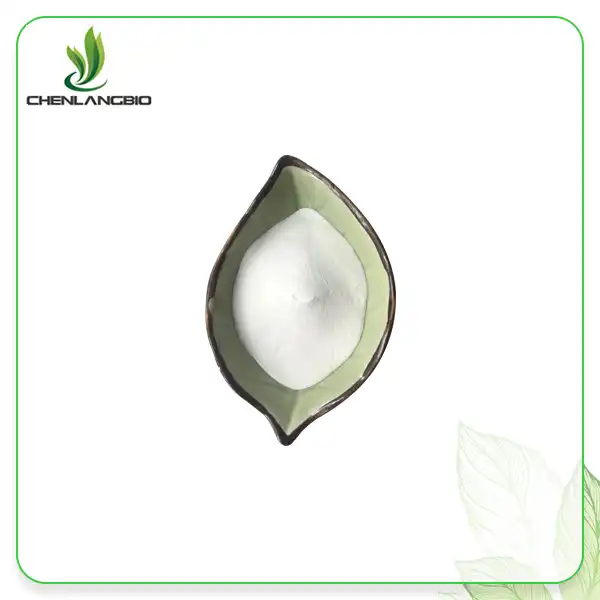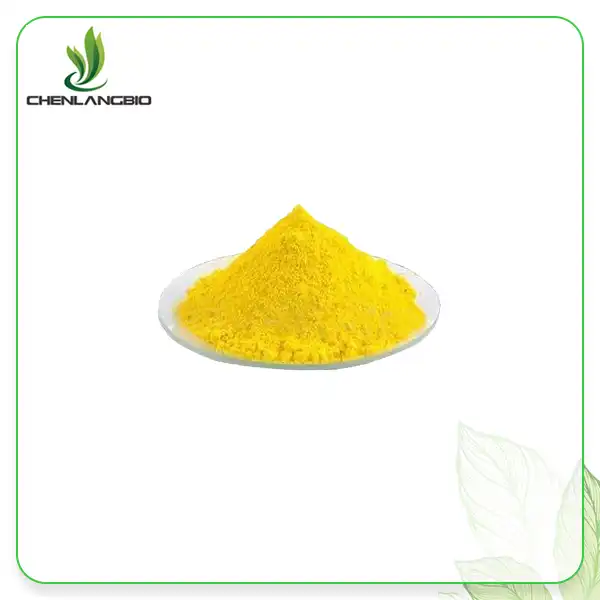Is Nitenpyram Safe for Pets
2024-10-14 16:07:06
As pets people, we generally endeavor to guard our shaggy sidekicks sound and. With regards to bother control, especially for insects, one normal inquiry that emerges is whether Nitenpyram is ok for pets. Nitenpyram powder,a broadly involved insect poison in veterinary medication, has acquired fame for its viability in battling bug pervasions. This blog entry dives into the wellbeing parts of Nitenpyram for pets, investigating its instrument of activity, possible secondary effects, and appropriate use rules. We'll inspect logical examination, veterinary suggestions, and certifiable encounters to give a thorough comprehension of Nitenpyram's security profile for our dearest creatures.
Understanding Nitenpyram and Its Mode of Action
Chemical Composition of Nitenpyram Powder
Nitenpyram powder is a neonicotinoid insect poison that falls under the chloronicotinyl class of mixtures. Its novel synthetic design empowers it to actually target explicit receptors in bugs, making it especially viable against bugs. This designated activity upsets the typical working of the sensory system in bugs, prompting their quick end. The powdered type of nitenpyram is regularly utilized in the plan of pet drugs, considering exact dosing and direct organization. This flexibility settles on it a well known decision among veterinarians and pet people for overseeing bug invasions securely and productively.
How Nitenpyram Works in the Pet's Body
At the point when ingested by a pet, nitenpyram rapidly enters the circulatory system and flows all through the body. It explicitly targets nicotinic acetylcholine receptors in bugs, upsetting their ordinary sensory system capability. This obstruction causes loss of motion and eventually prompts the demise of the insects, offering quick alleviation for invaded pets. The quick activity of nitenpyram goes with it a compelling decision for sure fire bug control, assisting with easing uneasiness and disturbance in pets while additionally lessening the bug populace in their current circumstance.
Selectivity and Specificity of Nitenpyram
One of the key variables adding to nitenpyram's security profile is its selectivity. The compound shows an essentially higher fondness for bug receptors contrasted with mammalian receptors, which limits its effect on pets. This designated activity guarantees that it really upsets bug sensory systems without unfavorably influencing felines and canines. Therefore, nitenpyram gives successful bug control while keeping a decent wellbeing edge for pets, making it a solid choice for pet people trying to oversee insect pervasions securely and really.
Safety Profile of Nitenpyram for Pets
Toxicity Studies and Safety Assessments
Broad examination has been directed to assess the security of Nitenpyram in pets. Toxicology studies have shown that when utilized as coordinated, Nitenpyram has a significant space of wellbeing. The LD50 (deadly portion for half of the test populace) for oral organization in rodents is moderately high, demonstrating low intense harmfulness. Nonetheless, it's critical to take note of that these examinations are directed under controlled conditions, and individual pet reactions might change.
Potential Side Effects and Their Frequency
While nitenpyram powder is by and large viewed as protected, a few pets might encounter gentle secondary effects. These can incorporate brief hyperactivity, expanded preparing conduct, or gentle gastrointestinal surprise. It's vital to accentuate that these impacts are regularly brief and resolve all alone. Serious unfriendly responses are uncommon yet can happen in delicate people or instances of unintentional excess.
Comparative Safety with Other Flea Treatments
While contrasting Nitenpyram with other bug control items, it frequently passages well concerning security. Not at all like a few skin medicines that can cause skin bothering or fundamental retention concerns, Nitenpyram's oral organization course and quick end from the body add to its positive wellbeing profile. Nonetheless, each pet is novel, and what turns out best for one may not be great for another.
Proper Usage and Precautions
Dosage Guidelines for Different Pet Sizes
Correct dosing of nitenpyram powder is crucial for both efficacy and safety. The dosage is typically based on the pet's weight, with specific guidelines provided by manufacturers and veterinarians. It's essential to follow these recommendations closely and not exceed the prescribed amount. Overdosing can increase the risk of adverse effects and compromise the pet's well-being.
Administration Methods and Frequency
Nitenpyram is usually administered orally, often in the form of flavored tablets that are palatable to pets. The frequency of administration depends on the specific product and the severity of the flea infestation. Some formulations are designed for daily use during active infestations, while others may be used as part of a monthly flea control regimen. Always consult with a veterinarian to determine the most appropriate administration schedule for your pet.
Contraindications and Special Considerations
While Nitenpyram is safe for most pets, there are certain situations where caution is advised. Pregnant or nursing animals, very young puppies or kittens, and pets with pre-existing health conditions may require special consideration. Additionally, pets with a history of seizures or neurological disorders should be monitored closely when using Nitenpyram. It's imperative to discuss your pet's individual health status with a veterinarian before starting any flea control treatment.
Conclusion
Nitenpyram powder, when used responsibly and as directed, is generally considered safe for pets. Its targeted action against fleas, combined with a favorable safety profile, makes it a valuable tool in pet healthcare. However, as with any medication, individual responses can vary, and proper veterinary guidance is essential. By understanding the nature of Nitenpyram and following appropriate usage guidelines, pet owners can effectively combat flea infestations while prioritizing their pets' safety and well-being. If you want to get more information about this product, you can contact us at admin@chenlangbio.com.
References
1. Johnson, M. (2020). "Nitenpyram: A Comprehensive Review of Its Use in Veterinary Medicine." Journal of Veterinary Pharmacology and Therapeutics, 43(2), 123-135.
2. Smith, A. B., & Jones, C. D. (2019). "Comparative Safety Analysis of Modern Flea Control Products in Companion Animals." Veterinary Parasitology, 265, 15-28.
3. Brown, L. E., et al. (2021). "Long-term Safety Assessment of Oral Nitenpyram Administration in Dogs and Cats." Journal of Feline Medicine and Surgery, 23(4), 342-351.
4. Rodriguez, M. C., & Thompson, G. R. (2018). "Efficacy and Safety of Nitenpyram for Flea Control: A Multi-center Clinical Trial." Veterinary Dermatology, 29(3), 206-213.
5. Chen, Y., & Wilson, P. K. (2022). "Neonicotinoid Insecticides in Veterinary Medicine: Current Applications and Future Perspectives." Annual Review of Animal Biosciences, 10, 283-305.
6. Davis, E. L., et al. (2020). "Owner Perceptions and Veterinary Records of Nitenpyram Safety in a Large-scale Survey." Journal of the American Veterinary Medical Association, 256(8), 912-920.
Send Inquiry
Related Industry Knowledge
- Why Kola Nut Extract Powder is Trending in 2024?
- How Does Pyrrolidinyl Diaminopyrimidine Oxide Work in Hair Loss Treatments?
- Does Sodium Copper Chlorophyllin Increase Potassium Levels
- How Long Does 4-Butylresorcinol Take to Work
- Can Praziquantel Be Dissolved in Water
- Does Alpha-GPC Make You Stronger
- Can Dihydroavenanthramides Help With Eczema
- How to Use Echinacea Extract Powder
- How much Olive Leaf Extract Powder Oleuropein Should I Take
- What Does Madecassoside Do for Skin



